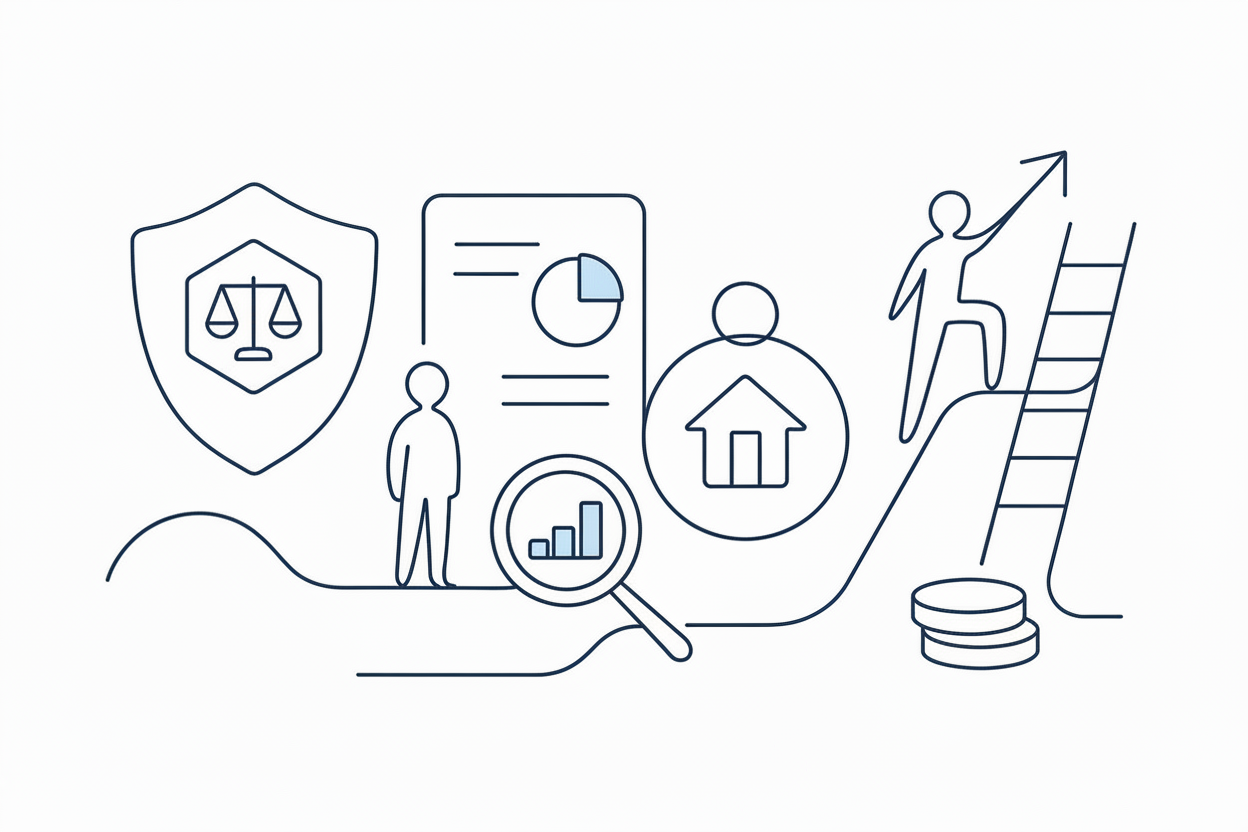AGI’s Impact on the Future of Trading

Explore the potential impact of Artificial General Intelligence (AGI) on the future of trading. This comprehensive guide discusses how AGI might influence market volatility, trading strategies, and the role of human traders, along with ethical and regulatory considerations to ensure fair and beneficial market practices.
Artificial General Intelligence (AGI) represents a level of artificial intelligence that can understand, learn, and apply knowledge across a wide range of tasks, much like a human being. The potential impact of AGI on trading is a topic of considerable debate and speculation. This guide explores the possible effects of AGI on the trading landscape, including its influence on market volatility, trading strategies, and the role of human traders.
Update: November 2025
Since this article's publication in July 2024, several developments have emerged in the AGI timeline:
- Industry predictions narrowed: Sam Altman (OpenAI) predicts AGI by 2028, Demis Hassabis (DeepMind) by 2030, with Anthropic's Dario Amodei targeting early 2030s
- MIT 2025 report: Forecasts "early AGI-like systems" may appear between 2026-2028, initially limited to specific domains
- Continued progress: Significant advances in autonomous AI agents and robotics testbeds, though true AGI remains unachieved
The core analysis in this article remains valid: AGI's impact on trading is still theoretical, and current systems remain advanced narrow AI rather than general intelligence.
Understanding AGI and Its Current State
AGI differs from narrow AI in its ability to perform any intellectual task that a human can. While narrow AI is designed for specific tasks, AGI aims to replicate the general cognitive abilities of humans. Despite significant advancements in AI, true AGI remains a theoretical concept, with current systems like ChatGPT being examples of advanced narrow AI.
Current Capabilities:
• Data Analysis: AI can analyze vast amounts of data at unprecedented speeds.
• Pattern Recognition: AI excels in identifying patterns and trends within data.
• Automation: AI can automate repetitive tasks, enhancing efficiency.
Limitations:
• Contextual Understanding: Current AI models lack a deep understanding of context and can be easily misled.
• Creativity and Innovation: AI struggles with creativity and generating novel ideas without human input.
• Predictive Accuracy: AI cannot predict future events with certainty, especially in complex and dynamic environments like financial markets.
Potential Impact of AGI on Trading
Market Volatility
One argument suggests that AGI could reduce market volatility by creating more efficient and stable markets. However, the presence of AGI might actually increase volatility by introducing new and unpredictable elements into trading.
Increased Volatility:
AGI could introduce more participants into the market, each employing sophisticated and diverse strategies. This increased competition and variety of strategies could lead to greater price swings and market movements.
Opportunities for Traders:
Increased volatility can create more trading opportunities. Traders thrive on market movements, and AGI’s participation could generate new patterns and trends to exploit.
Trading Strategies
AGI could revolutionize trading strategies by enabling more advanced and complex approaches. However, it is unlikely to eliminate the need for human traders and their intuition.
Advanced Algorithms:
AGI could develop and deploy highly sophisticated trading algorithms that adapt to market conditions in real-time, potentially outperforming human-designed strategies.
Human-AI Collaboration:
The most effective approach might involve a combination of human intuition and AGI’s computational power. Traders could use AGI to enhance their strategies, while relying on their experience and judgment to make final decisions.
Role of Human Traders
The introduction of AGI does not necessarily mean the end of human traders. Instead, it could shift their roles and responsibilities.
Enhanced Decision-Making:
Human traders can leverage AGI for better decision-making, using its analytical capabilities to inform their trades.
Focus on Creativity and Innovation:
Traders might focus more on creative and innovative aspects of trading, areas where AGI currently lacks proficiency.
Speed and Efficiency in Trading
One significant advantage of AGI is its ability to process information and execute trades at speeds far beyond human capabilities. This could lead to a shift in the trading landscape where speed becomes a crucial factor.
High-Frequency Trading (HFT):
AGI could further enhance high-frequency trading, where milliseconds can make a difference. This could lead to increased competition and the need for faster and more efficient trading infrastructure.
Risk Management:
AGI can also improve risk management by analyzing vast amounts of data to predict and mitigate potential risks more effectively.
Ethical and Regulatory Considerations
The deployment of AGI in trading raises several ethical and regulatory concerns that need to be addressed to ensure fair and stable markets.
Market Manipulation:
There is a risk that AGI could be used for market manipulation, exploiting its speed and computational power to influence prices and market movements.
Regulatory Oversight:
Regulators will need to develop new frameworks to monitor and control the use of AGI in trading, ensuring transparency and preventing unfair practices.
Ethical Use:
Ensuring the ethical use of AGI in trading is crucial. This includes preventing bias in AI algorithms and ensuring that AGI systems do not harm market integrity.
Conclusion
The impact of AGI on the future of trading is complex and multifaceted. While AGI has the potential to enhance trading strategies, increase market efficiency, and improve risk management, it also introduces new challenges and uncertainties. The role of human traders is likely to evolve, focusing more on creativity and innovation, while leveraging AGI for enhanced decision-making. Ethical and regulatory considerations will be crucial in ensuring that the deployment of AGI in trading is fair and beneficial for all market participants.


